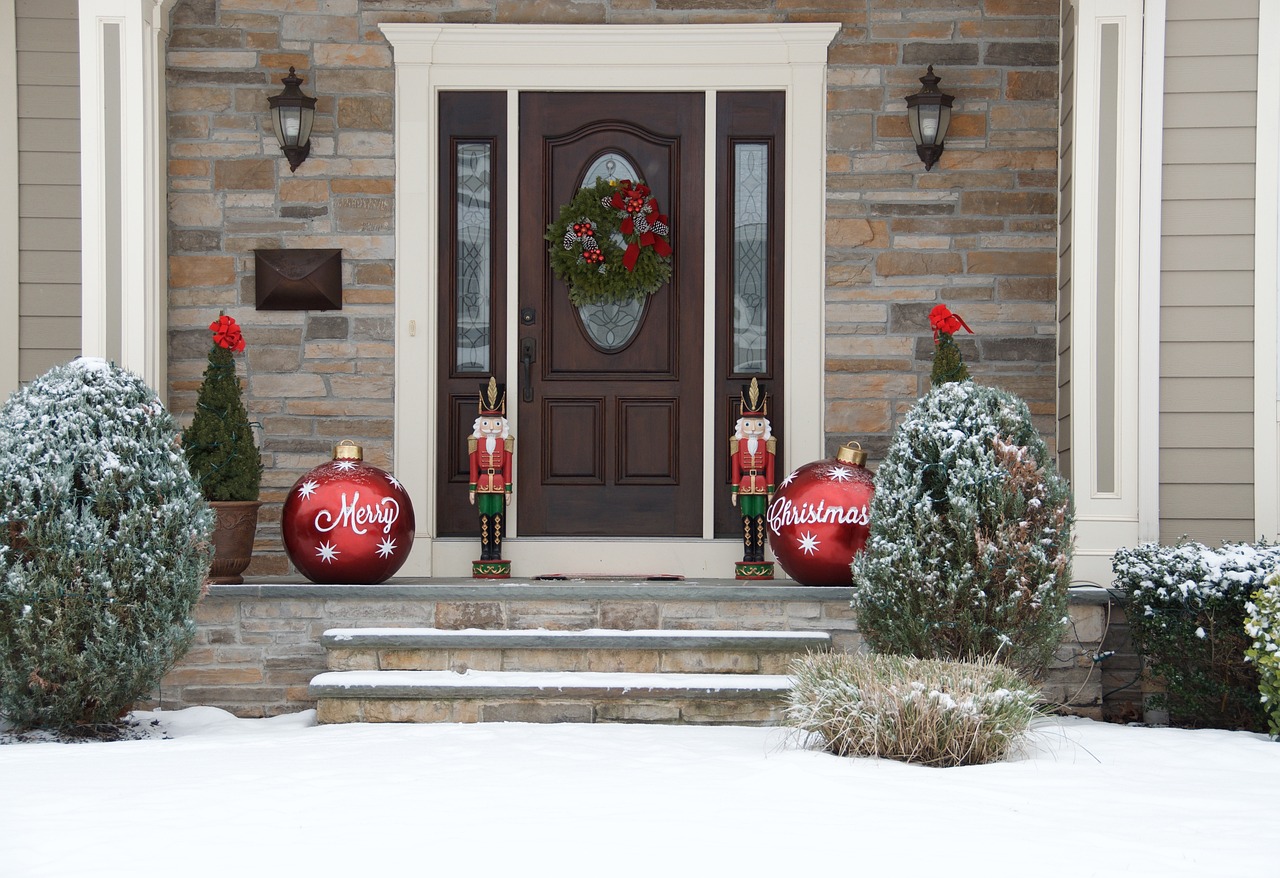
23 Jan Should I buy a house now or wait for lower interest rates?
Photo: pixabay.comQ. I was planning to buy a house before interest rates spiked along with house prices. I know they are both coming down but not that much yet. I think I need them to be a lot lower. How can I figure out how low they need to get? Or really, how can I decide if it’s worth buying instead of still renting, I have $40,000 as a down payment.
— Unsure
A. We love the idea of buying a home, but it’s a complicated decision.
Let’s consider the issues.
It’s essential to understand what you can afford in comparison to your available after-tax income, said Claudia Mott, a certified financial planner with Epona Financial Solutions in Basking Ridge.
She said the expense of owning a home is more than just the mortgage, property taxes and insurance, sometimes referred to as PITI.
There are utilities, maintenance and upkeep costs and the inevitable major repair such as a new roof, driveway or water heater, Mott said.
The mortgage company you are working with should have “qualified” you for a particular level of payment that fits within your income profile, Mott said.
“A rule of thumb is that housing costs should be no more than 30% of your gross income,” she said. “With this as a guide, you should be able to determine whether the mortgage you are considering, along with the other expenses fits your budget.”
As you have seen, your future monthly payment will fluctuate a lot depending on the interest rate you take.
“There has been a decline in mortgage rates over the past few months and that will mean savings for you both in terms of the payment amount and interest paid over the life of your loan,” she said. “If the total payment still doesn’t seem affordable you may need to consider waiting for rates to drop further.:
However, Mott said, it’s also important to consider whether the cost of the home you are purchasing makes sense given the amount you have for a down payment.
“Does the $40,000 represent a 20% down payment or something less than that? It may be that a less expensive property with the same downpayment would yield a mortgage that you are comfortable with,” she said.
The decision to rent versus buy has many factors to consider, Mott said. Those include:
· The current housing market has little inventory in many markets and prices remain high which isn’t always an ideal situation when it comes to finding the best value, Mott said.
· It’s also important to think about how long you plan to be in the home. There are a lot of expenses that come with a home purchase and it’s suggested that it takes between 5 and 7 years to break even on those outlays, she said. “If there’s a chance you may not be in the home for that amount of time, a rental may make more sense,” she said.
· Accumulating home equity is often cited as a reason to purchase a property rather than rent. As you make payments on the mortgage, you build up equity which is often viewed as a long-term investment. Renting doesn’t afford that opportunity, Mott said.
· There are tax advantages to owning a home as your mortgage interest and property taxes (up to a limit) should be deductible, she said.
· Renting can be less expensive and often frees you from the responsibility of performing repairs and maintenance, she said.
“Regardless of whether you continue to rent or decide to purchase, be sure your monthly payments are affordable and leave you sufficient extra cash flow to cover the remainder of your living expenses,” Mott said.
Email your questions to .
This story was originally published in January 2024.
NJMoneyHelp.com presents certain general financial planning principles and advice, but should never be viewed as a substitute for obtaining advice from a personal professional advisor who understands your unique individual circumstances.

